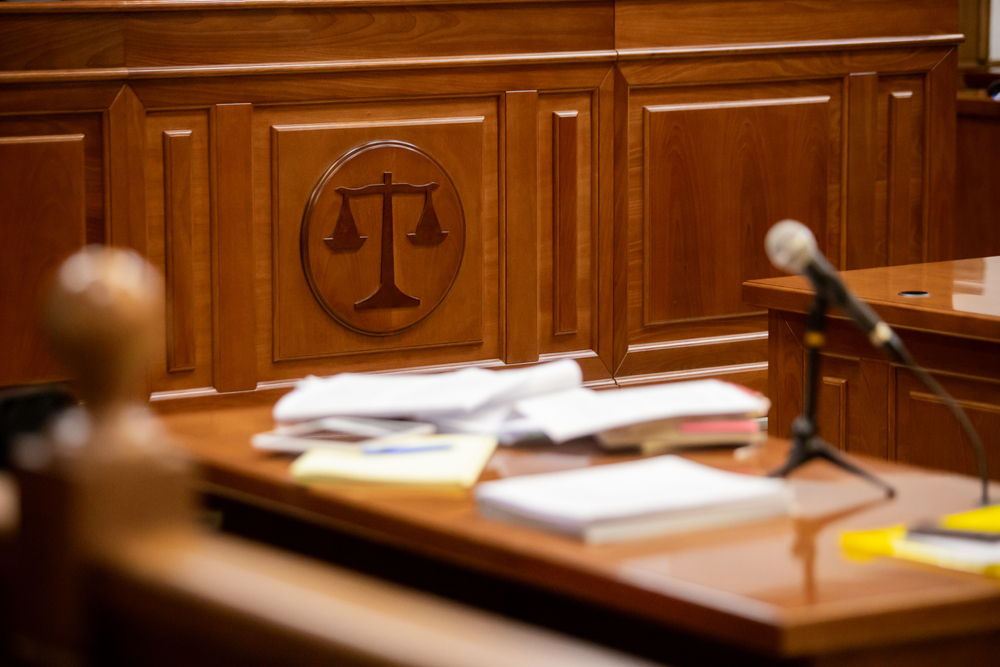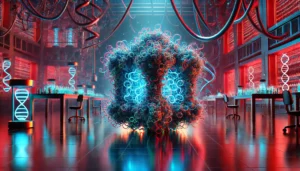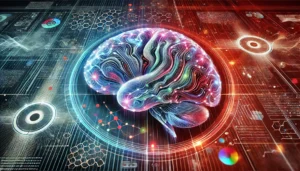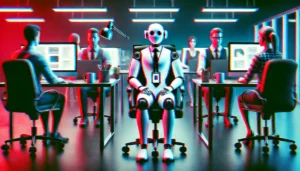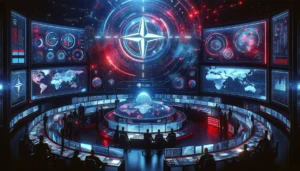In a landmark decision that could reshape copyright’s role in AI, a federal judge recently confirmed the US Copyright Office’s provisional stance on AI-generated artwork: it cannot be copyrighted.
Historically, intellectual property law has maintained that copyrights are granted exclusively to works created by humans. This recent ruling emphasizes that there’s no imminent change to this precedent.
This past Friday, US District Judge Beryl Howell supported the Copyright Office, stating that a piece of art created by AI is not open to protection.
Specifically, Judge Howell observed, “Copyright law has ‘never stretched so far’ to ‘protect works generated by new forms of technology operating absent any guiding human hand.'”
Emphasizing the importance of human creation, she noted, “Human authorship is a bedrock requirement.”
Howell was responding to a lawsuit from Stephen Thaler, the CEO of Imagination Engines, who has been at the forefront of championing copyright protection for AI-generated works.
In 2018, he credited his AI system, the Creativity Machine, as the sole creator of an artwork titled “A Recent Entrance to Paradise,” described as “autonomously created by a computer algorithm running on a machine.”
However, the Copyright Office denied the application, asserting that “the nexus between the human mind and creative expression” is essential for protection.
Challenging this decision, Thaler, who listed himself as the copyright owner under the work-for-hire doctrine, contended that AI should be acknowledged “as an author where it otherwise meets authorship criteria,” with ownership rights attributed to the AI’s owner.
His grievance argued the office’s refusal was “arbitrary, capricious, an abuse of discretion and not in accordance with the law” in breach of the Administrative Procedure Act.
Thaler’s core query: does a computer-generated work qualify for copyright protection?
Judge Howell remarked, “In the absence of any human involvement in the creation of the work, the clear and straightforward answer is the one given by the Register: No.”
View the lawsuit on Scribd below.
She further stated that U.S. copyright law “protects only works of human creation” and is “designed to adapt with the times.”
Making an analogy with photography, Judge Howell illustrated that while cameras reproduce a scene, they do so only after human-driven decisions, such as the subject’s placement and lighting.
When does art originate from humans?
In a first-of-its-kind case, a federal appeals court ruled that a photograph taken by a monkey wasn’t copyrightable. Howell indicated this was proof of how work isn’t copyrightable when it’s distinctively non-human origin.
However, one might argue this is precisely what happens when one utilizes AI algorithms to generate images. After all, AI-generated art is not autonomously created – it requires human input to initiate.
The copyright office recently clarified that while AI-generated content isn’t copyrightable, certain AI-assisted works might receive protection when shaped by human intervention, which could involve creating the work in a “sufficiently creative way that the resulting work constitutes an original work of authorship.”
‘Sufficiently creative’ is ambiguous wording, and it doesn’t seem like we’ve moved much closer to a unified framework for understanding AI’s relation to current copyright law.
Howell discussed how copyright law revolves around protecting human creativity, asserting, “The act of human creation — and how to best encourage human individuals to engage in that creation, and thereby promote science and the useful arts — was thus central to American copyright from its very inception.”
This is a boost to artists to now know that human-created work retains its authenticity, whereas AI-generated work doesn’t afford the same level of protection as AI-generated work.
However, this is just the tip of the iceberg for a legal terrain likely to prove exceedingly tricky and long-winded to navigate.

